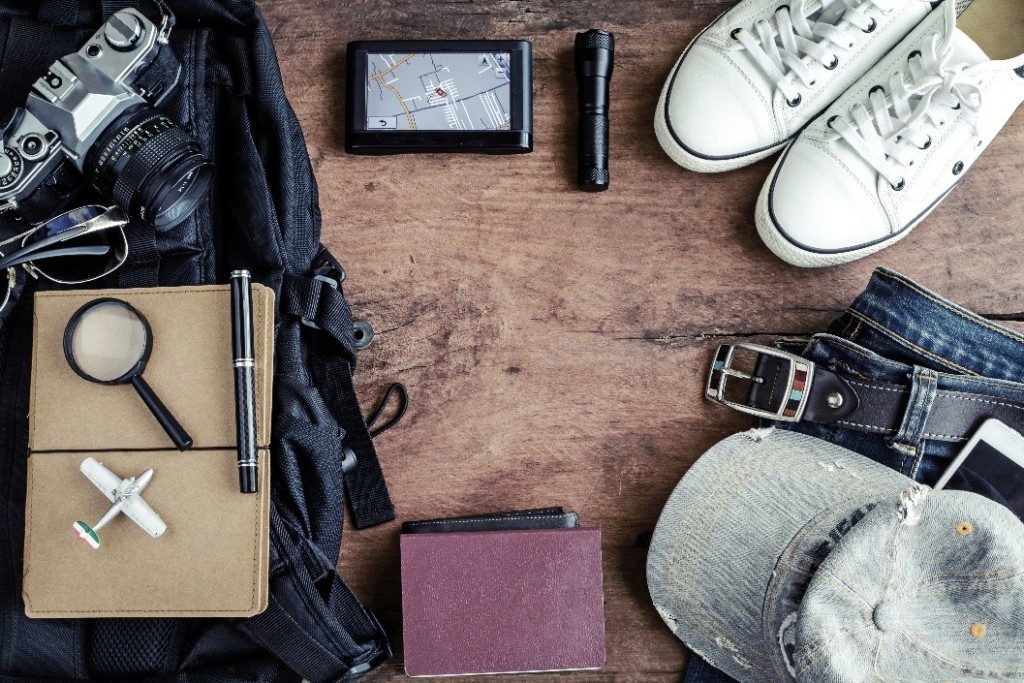Part of the reason that travel can be such a fantastic experience is that it involves getting away from your regular day-to-day routine and embracing somewhere new. But travelling also means letting go of the safety nets you have at home, including friends, family and knowing where and how you can get help in emergencies. Going travelling is an adventure that involves some risks, but there are a few ways you can prepare for the unexpected emergencies that can occur.
Safe travel toolkit
Travel Insurance
Unfortunately there are still a great number of people that don’t get travel insurance. According to Fast Cover, out of more than 1000 Australian travellers, 30.8% of people chose not to get travel insurance. Are you one of the people who don’t get travel insurance? Consider this, being evacuated from the Caribbean can cost $20,000. Getting an air ambulance can cost around $100,000 or more. A single night’s stay in a US hospital can be over a thousand dollars. And then there’s the cost of lost or stolen luggage or the deposits lost when your travel plans are cancelled. Such emergencies can leave you hundreds or thousands of dollars out of pocket.
Travel insurance can provide cover for these emergency situations. Some travel insurance companies also provide immediate assistance during an emergency. Fast Cover, for example, enables you to contact and get advice from a professional Global Assistance team wherever you are in the world at any time.
Compare travel insurance policies to see what you can be covered for. Some insurers cover pre-existing medical conditions such as diabetes, pregnancy and high blood pressure, while others do not. Different activities such as snorkelling, skiing, elephant riding and skydiving can also be covered by insurance.
The address of your embassy and the best hospital
Prepare for the worst case scenario by researching how you can get help quickly. This means locating your nearest embassy wherever you are travelling and keeping the address with you at all times. It can also be extremely helpful to have the address and name of the nearest hospital (hopefully one where staff are bilingual if you are not fluent in the local language). There is nothing worse than trying to figure out where the hospital is during an emergency.
A portable locker
A portable locker or a portable safe is a small, slash-proof bag you can put your valuables in and lock to something unmovable in your accommodation if you don’t think your room is secure (such as rooms with no lockers, safe or a sturdy, lockable door). This bag can hold your valuable documents, some money and electronics while you explore your destination. Always try to get TSA approved locks for your luggage.

Multiple sources of back-up cash
Having no money in a foreign country can be a nightmare. Prepare for the worst when you travel by having a few back up stashes of cash. That means enough money for a taxi ride or perhaps a night’s accommodation in your main bag, your daily travel bag or wallet and perhaps a spare in a secure jacket pocket. Having back up cash will provide you with support if your wallet and money cards are lost or stolen. You will also have some spare cash if you can’t find an ATM but want to do an activity such as a tour or want to change your accommodation because it didn’t live up to your expectations.
Multiple copies of your documents
If you passport is stolen you will need to go to the embassy and get another. To make this far easier, make multiple copies of your identity documents including your passport, birth certificate, driver’s license and/or age card. Savvy travellers will also make an electronic copy of their documents by scanning them and emailing them to themselves or creating a Google Docs file. That way the documents can be accessed almost anywhere.
A dummy wallet
Fill an old wallet with old and useless credit cards, ID’s and maybe a few coins. That way if someone does mug you, you can hand over the dummy wallet. In most situations the mugger will run off once they think they have something that might be valuable.
Social apps
Let family and friends know where you are and where you are going next by a certain date. Besides email you can use Skype, WeChat or WhatsApp. Attempt to confirm a time you will send them a message at your destination. That way they can know you have arrived safely or if they should be concerned and get assistance for you.
Blend in
Research your destination and travel with a wardrobe that matches the locals as much as possible. Wearing clothes that stand out can increase your chances of being targeted by thieves. On that note, try to memorise where you are going so you won’t have to stand in the street looking confused at a map. Wearing flashy jewellery is also a bad idea as it can draw the attention of thieves.
Do you have other safety advice for fellow travellers? Let us know in the comments.
Tips and advice supplied to TravelLiveLearn by FastCover






Amazing list, thanks for sharing with us.
Thanks :)
I just finished reading your post. I found some different tips from your post. You suggest to Travel insurance. Its a good point for the traveler. Your post is so realistic. Your list will work when we are in danger.
Your tips is amazing. thanks, Sarah Blinco! for sharing with us.
Cheers Melissa :)